LAST UPDATED: July 8th, 2022
One of the greatest aspects of hunting in the United States is the ability to hunt on our vastly available public lands. You get the freedom to roam without knocking on doors, paying expensive leasing fees or purchasing your own land.
In most cases, you can enter for free, and in select cases, you need only an inexpensive access permit.
Of course, public-land hunting can be extremely difficult. Uncontrollable factors abound, hunting pressure being a top influencer on your hunt’s outcome.
Yes, some public-land hunters approach their hunts wisely and seldom ruin others’ hunts, but many give little thought to their approaches, and in so doing, they unintentionally foil others’ hunting opportunities.
Worse, they often don’t know they did. Regardless, like it or hate it, every law-abiding citizen has equal right to hunt on public lands.
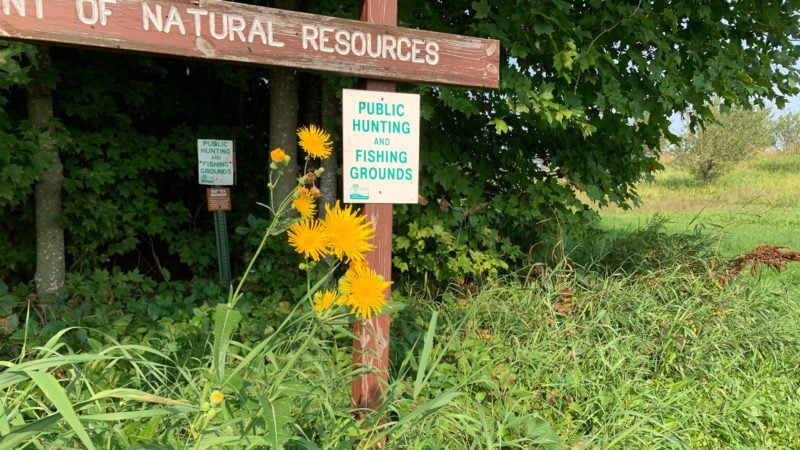
It’s immensely frustrating to have your hunt foiled by another hunter, and it’s OK to be upset when it happens, especially if you’ve put hours and hours into getting that coveted opportunity.
But, keep a cool head and do not allow your disappointment to influence your actions or words. Again, that hunter is allowed to hunt there just like you are.
Over 19 years of hunting on public lands, I’ve witnessed a lot of different scenarios involving other hunters. To that end, let’s review 10 things that I wish every public-land hunter understood
1. Hunter Distancing
If you see someone’s stand in a good spot, don’t setup nearby or try to intercept the same deer that will likely travel through the area where their stand is hung. The exception — at least in my mind — is a stand that’s illegally left out all year.
Most states require stands to be taken down within a stated period following the closure of hunting season, and if someone doesn’t follow that rule, then I treat it as an abandoned stand and don’t let it influence where I setup.
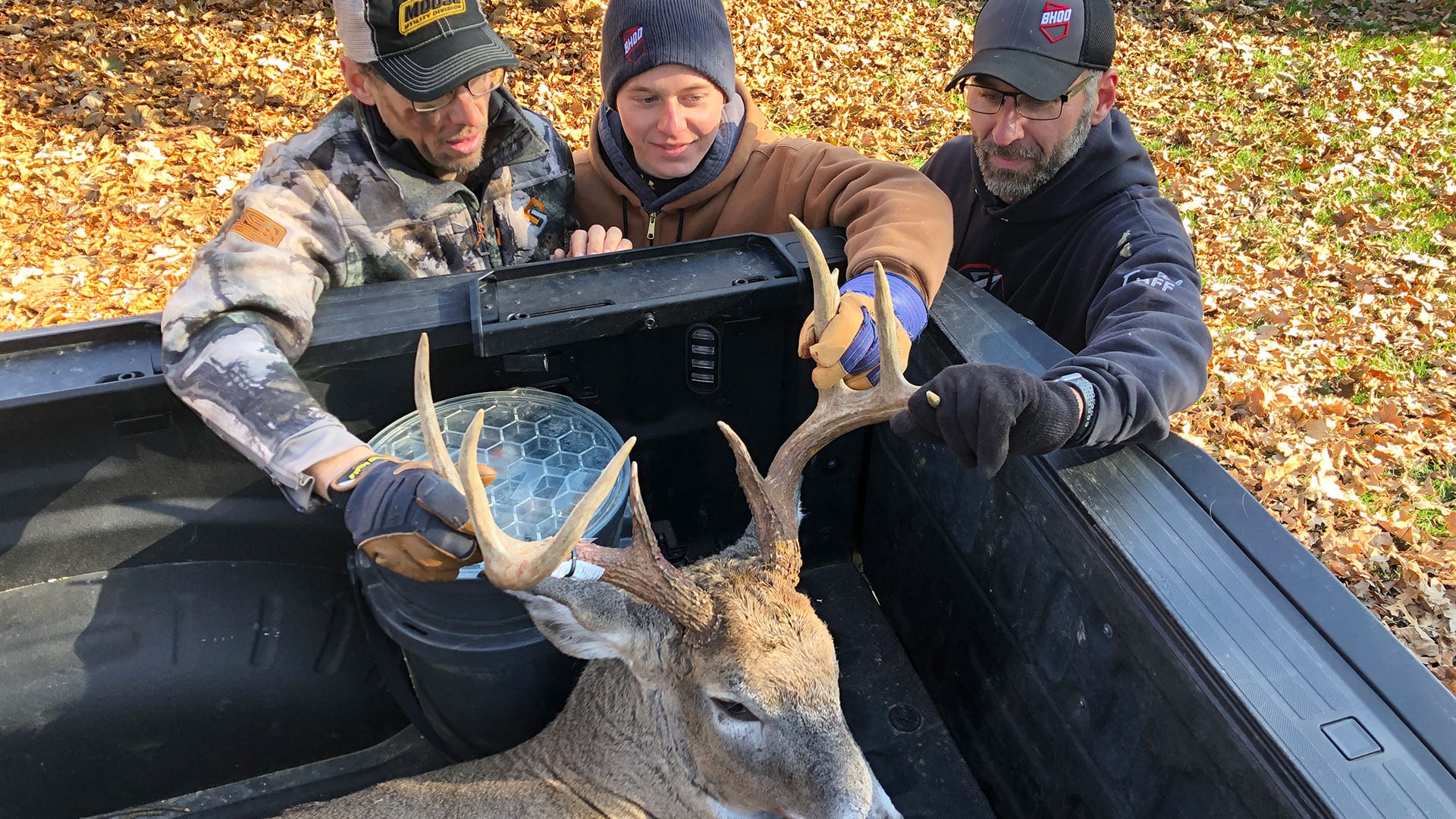
If you happen to meet another hunter in the parking lot or even in the woods and learn that their stand is close to where you want to hunt, try to articulate your plans to one another.
Perhaps you can coordinate a schedule where you can alternate and both get to hunt the area on and off. Always be respectful to one another, no matter what. In most cases, the best option is to find another location to hunt.
2. Limiting Calling
Whether elk, deer or turkey hunting, most of us have encountered another hunter calling incessantly in order to stave off boredom. In most cases, less is more when it comes to calling on public lands.
Too many people practice what they see on outdoor TV, but we must remember that public-land animals are very pressured compared to their private-land cousins. In other words, calling repeatedly serves only to educate animals and make them more difficult for everyone to harvest.
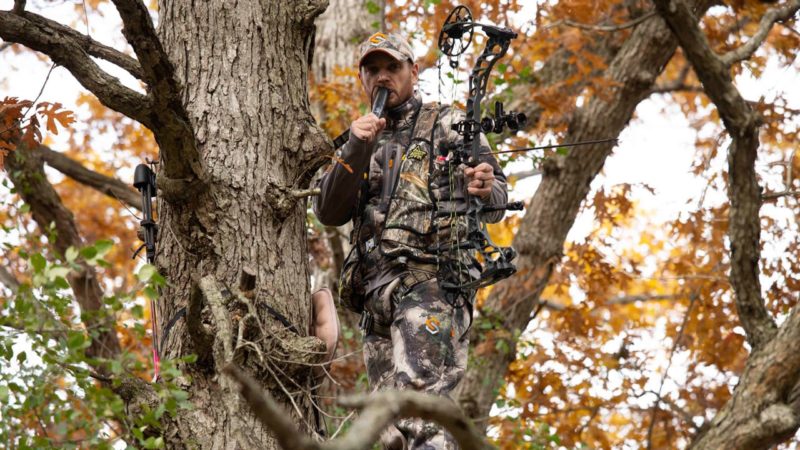
3. Walking, Not Driving to Stands
I still remember my grandfather pulling his four-wheeler right up alongside a naturally constructed ground blind in a Michigan National Forest.
I was only 11 years old at the time, and it didn’t seem right to me. Think of the fumes and audible commotion. It’s possible to get lucky, of course, but most of the time you won’t fool game this way. Utilize a stealthier approach.
4. Your Bad Choices Affect You and Other Hunters
Hunting stands on wrong winds or yelling out loud after harvesting an animal —among many other poor choices — can adversely affect others who’re hunting the same property. Be respectful and remember that you aren’t the only one hunting there.
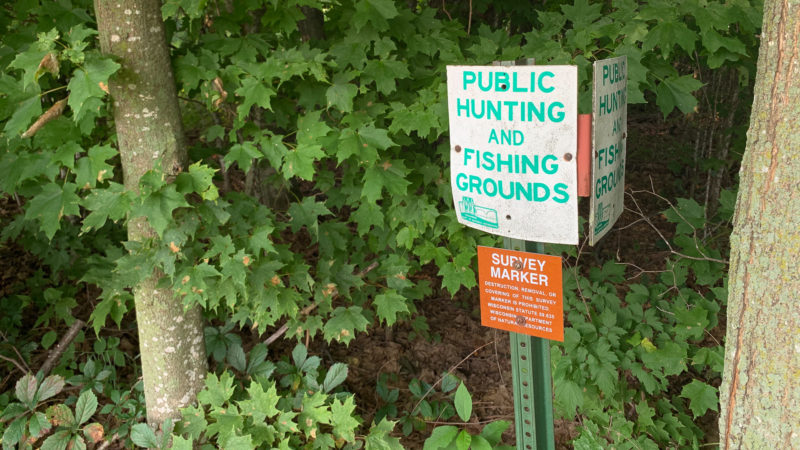
5. Stop the Greed, We're in This Together
Don’t have a self-serving attitude. In conversing with other hunters, many act as if they own the deer. When someone harvests a nice big buck, it’s easy to be jealous or upset, especially if you knew about and were hunting for that deer.
Instead, foster a genuine attitude and congratulate other hunters when they succeed. You don’t own the deer, and when someone else harvests an animal, be happy for them.
6. If You Let a Buck Walk, He Won't Always Be Shot by the Next Hunter That Encounters Him
I can’t count how many times I’ve heard hunters say, “It isn’t the type of buck I was hoping to get, but I knew if I let him walk over the next ridge that someone else would’ve shot him anyway.” Nonsense!
While it’s always possible for another hunter to harvest a deer you pass up, it isn’t guaranteed. It is guaranteed, however, that if you harvest the buck he won’t make it until next hunting season. If it isn’t the buck you want to harvest, let him walk. Period.
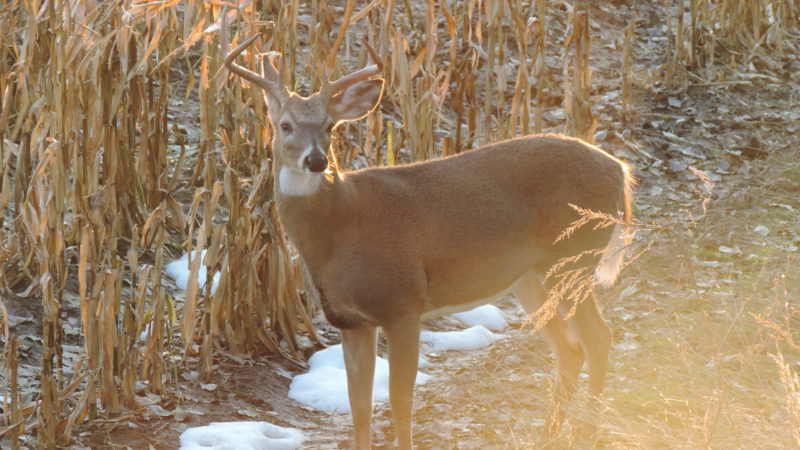
7. Stop Letting Deer Know You're Hunting Them
Scores of hunters find no-brainer stand locations, but then fail to consider how their access will impact deer movements at the stand location itself.
Few things can ruin a hunt as quickly as walking through a nearby bedding area and busting out most of the deer that otherwise would’ve filtered by the stand. Choose access routes wisely, or you could blow your hunt before it begins.
In addition, stop hanging stands so low or on trees with little to no backdrop to melt your outline. Setups like these will educate deer. And the more you educate deer, the tougher it becomes for everyone on the parcel to hunt them effectively.
8. Stop Sitting in the Same Stand Every Time You Hunt
It’s easy to find a hotspot and then hunt there all season long. There are very few stand types that allow you to hunt daily without burning out the area.
The more time you spend in an area — walking to and from stands and then hunting for hours on end — the more human disturbance you’ll introduce via scent, noise and movement.
If you throw all of your eggs into one basket, you’ll easily burn out a stand and miss opportunities that are unfolding elsewhere.
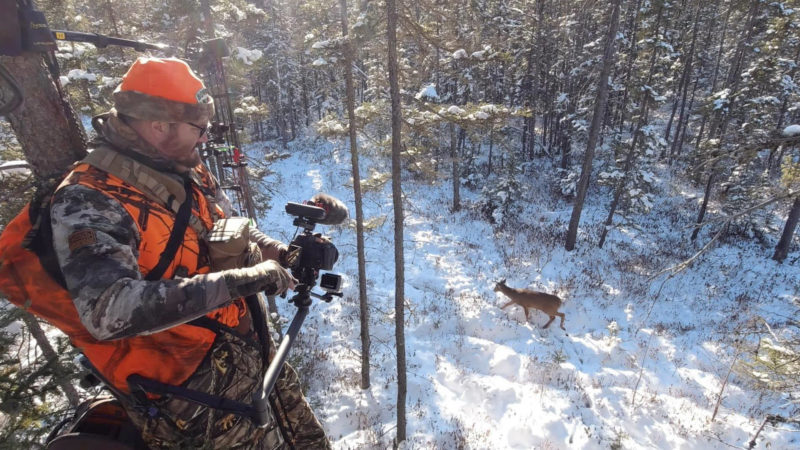
I’ve encountered other hunters multiple times while hunting on public lands. I’ve had shotgun BBs raining around me from a small game hunter and had bowhunters walk into my setup right at dawn when deer movement is usually best.
Chris from Florida, a perfect stranger, happened on my setup one morning just across a shallow creek. I whistled to get his attention, and he simply waved back at me and then jumped into his climber, which he’d attached to the tree the previous evening.
Neither of us knew the other was going to be hunting there, and rather than blunder over to me and discuss plans, Chris did the right thing by climbing his tree and minimizing disturbance to the area. When deer movement subsided later that morning, I noticed that he climbed down and then walked out.
After another 25 minutes, I did likewise, and we met at the road and discussed plans for the rest of the week — no finger pointing or crude remarks exchanged.
10. Stop Pushing the Border Limits
If you find a great spot to hunt and the only tree is questionably located on the border of the public/private line, hunt there if you want to, but first consider the ethics of doing so.
Are your shots going to be well onto the public side?
How about where a deer will run once hit. If you don’t feel 100% comfortable with the plethora of possible outcomes, then either avoid hunting there, or discuss the situation with the adjacent landowner to make sure that you’ll be able to retrieve a downed deer once it runs onto the private side.
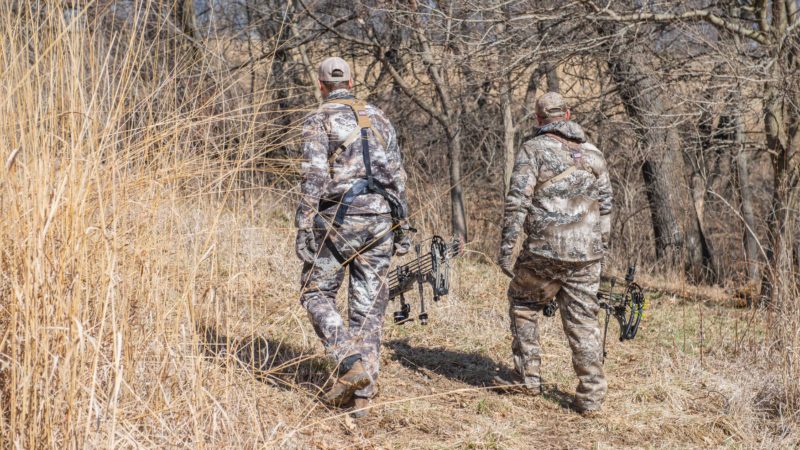
Final Word
Keep the items mentioned above in mind this season as you step back onto public land in search of deer or other game.
Lead by example. You can’t expect others to live it out if you’re not being an ethical public land hunter yourself. Spread out. Keep it safe. Enjoy the hunt.

 By
By 



